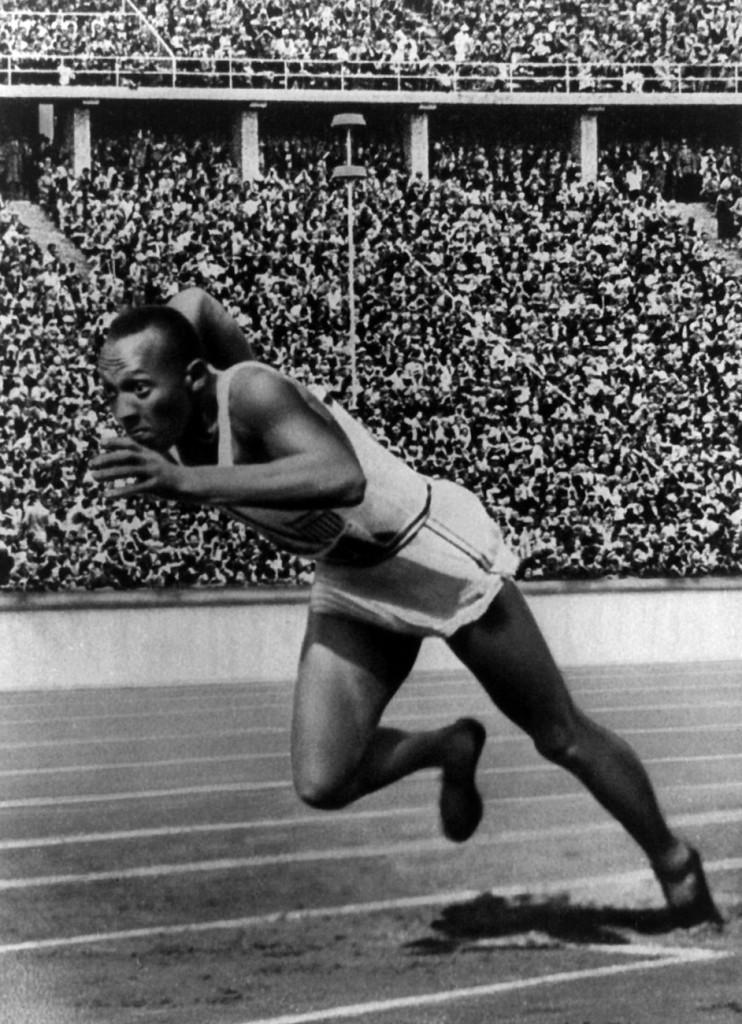
Track is much more than a group of people running in pointless ovals.
The history of track dates back to ancient Greece, when in 776 BC the only race run was the stadion.
The stadion consisted of a 200 yard sprint, and in the case of a tie the race would be re-run. In later years, track and field expanded to the pentathlon, which is comprised of long jump, javelin throw, discus throw, stadion, and wrestling.
The birth of modern track came in 1896, with the introduction of events such as hurdles and pole vault. Strangely, the hurdles consisted of marshlands, streams, and canals, while the vaults were natural landmarks, such as large rocks.
Today’s track and field is made up of 29 events, which gives athletes many events to choose from.
“Track is fun, and has many events that are completely different from each other,” said sophomore Aarooran Durairaj.
Furthermore, a major aspect of track is its unity; as track athletes at Carlmont High School train four to five days a week, and even athletes who are injured still show up to the meets to cheer their comrades on.
“Track is a more individual sport, but I think here at Carlmont we are still very team-orientated,” stated sophomore Nick Korjeff.
However, a key aspect of track is that it is much more than a sport, as the track and field Olympic Games have affected the world.
For instance, in the 1936 Summer Olympics in Berlin, hosted by Nazi leader Adolf Hitler, Jews and African-Americans were initially not allowed to compete.
Later, under pressure from United States president Franklin Roosevelt, Hitler recanted and decided to allow athletes of all racial backgrounds to compete.
In the ensuing Olympic Games, U.S. African American sprinter Jesse Owens shocked the world, Hitler included, by winning four gold medals. Owens stood as a testament that African Americans are equal to all other racial ethnicities, and showed the world that racism should not exist.
Similarly, the Olympic Games exemplified the fact that sexism should not exist.
Before the 1900s, the Games had been limited to only males, but after the 1900 Olympics, women have been progressively integrated into the Olympics. The 2012 Summer Olympics in London was the first time that every single nation that competed in the Olympics had a female athlete.
So just remember, whether it be on the high school track or the world stage, track is much more than just a sport.










